“I have finished my studies, I speak languages, I master new technologies at the user level … and I want to work for your organization.”
The above sentence is pronounced many times in personnel recruitment processes. I remember that I did it myself when I joined the labor market and I have heard it countless times throughout all the selection interviews I have done.
During my professional career I have had the opportunity to interview many candidates with very varied backgrounds: engineers, lawyers, surveyors, executive assistants, managers, … Also during my time doing volunteer work, I have participated in recruitment processes of leaders of leisure activities as well as development managers for NGOs. In all cases I have followed a common thread, a method to do so.
Throughout the years we look for improvements in what we do and in the case of recruitment, we are continually developing methodologies adapted to the time in question. In my case, I feel it’s very important that people who join the labor market may have had feedback on what they are going to be asked about.
In recent years I have had the opportunity to give talks to groups of young people of 16 and 17 precisely to offer them a vision of what can be found in a job interview and how to face it.
Today my situation is more special because my eldest daughter is 17, and the message is no longer just outside home.
The main approach of the speech is that apart from studies, level of languages and knowledge of basic computer technology tools, they will be asked an additional question: … and what else?
Precisely the answer to that question is very likely to be what makes the difference in the outcome of the competitive process in which they participate. What differentiates us from others, what we do very well, what we are passionate about, what … we could find many formulas to identify the answer to the question they will ask us but from a current point of view, there is a key answer. The concept is: Add Value.
The answer has to be based on what or how the candidate hopes to bring value to the organization. In the management of the talent of many organizations, an important part of the salary is linked to the contribution of value to the company. That is why the candidate must know before the interview how he/she can add value.
And now, comes the answer to the second question: when to prepare for the selection process.
In my speech, which I eventually decided to write and which has been published in the book 7-17 THE EXPERIENCE I highlight something that can generate expectation: the capacity to add value does not appear by spontaneous generation.
Like most things in life, you have to prepare it in advance; you have to train in advance. That is, to prepare for a job interview I may have to start some years earlier.
No one even thinks about preparing for an exam the night before without having previously studied and hope to pass it the following day. That is why no one can contemplate that in four or six years time you will have to describe to a recruiter how you will add value if you have not previously trained in it.
Training can be carried out in parallel to one’s studies, ranging from participation in team sports, cultural teams, musical teams, NGO´s, in the management of one’s own family, in volunteer activities, in a part time job, in the educational center, … Firstly because the person enjoys doing it and the destiny of his action adds value to others; and secondly because everything you do involves a process of daily learning and improvement. Subsequently in life, what you enjoy doing, you do well and many even allow you to get a job …
The following is a real experience that I explain detail in the book and can be useful as an example of what can happen in a recruitment interview.
Experience 2: Personal Interview: the Mountain
I remember that, at one of my job interviews, at a particular point in the meeting, the manager interviewing me asked me about my hobbies. At that time, I practised rock climbing and mountaineering with quite a lot more intensity than I do currently, always as an enthusiast, never performing great feats, but always trying to do a little more each time I went. I have always enjoyed it and continue to do so.
My response was quite modest, but I must have answered with such confidence that her second question, still in a very light tone, was to ask me what was the last mountain I had climbed. I answered her still very quietly, mentioning one of the mountains of over three thousand meters that I had climbed in the Pyrenees at the time. Looking at me this time directly in the eyes and more seriously, she asked me about the climbing route that I had used. I understood that her questions and my answers were a clear strategy to get to know me and to analyze if this ‘something more’ was real and had value.
When the interview was over, I left quietly as I remembered how my response to that lady meant that she herself was much friendlier afterwards. It turned out that she too was a mountaineer and when she spoke, she did so with passion. For the rest of the interview, we only talked about mountaineering, but not of mountains. We talked about how to organize departures, excursions and routes. what problems generally occur with climbing/mountaineering companions, budgets, the resources that were needed and the most suitable strategies for going up the mountain.
She had assessed my abilities through my hobby.
From the point of view of continuous improvement, the person, or let’s say the future candidate for a job, needs to know as soon as possible, what is going to be asked, to be able to start preparing as soon as possible. In the same way that a company needs to know what adds value to its customers before generating its products and services, a young person needs to have some channel of information from which he will be asked to contribute in the future.
For this, the structure I have shared is based on the methodology that I have built over the years in personnel recruitment processes: structuring our development from seven fields that I will be obliged to continually “cultivate” for when I have to Bring value to an organization:
- I
- GROUP
- OBJECTIVE
- MONEY
- TIME
- ADVANCE
- CREATE
The evolution and preparation in each of the above will allow us to be aware of our training in adding value. If I am aware about my personality, my skills and abilities; how we behave in a group and we are able to struggle for goals; how we manage two of the most important assets (time and money) along with the tools to progress despite the difficulties.
The previous six are not enough to add value, the organizations will need us to make a contribution of creative value so the last field is based on the capacity we have to create, our creativity.
For all this and answering the initial question:
- (when?) one begins to prepare for a job interview several years beforehand,
- (how?) Training in adding value every day and being aware of the experiences, even registering them.
For my part I suggest doing it by following a method and the seven fields of growth can help us do this.
If we also review them every ten years, the same method can help us in any selection process and promotions in our organizations and to add creative value wherever we go
If you are interested in your personal and professional development and want to prepare for the new challenge of your coming future, read the book 7-17 THE EXPERIENCE of Glen Lapson. Inspired by real experiences, the author unveils the method that will help you in the next job interview or for the next job promotion or even for a professional change you are working on.
Thank you for supporting the ECUUP Foundation (a non-profit organization that supports educational and cultural projects) buying the products or enjoying with the projects



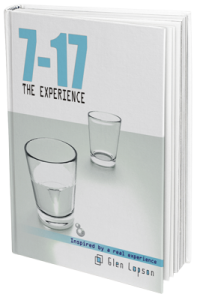
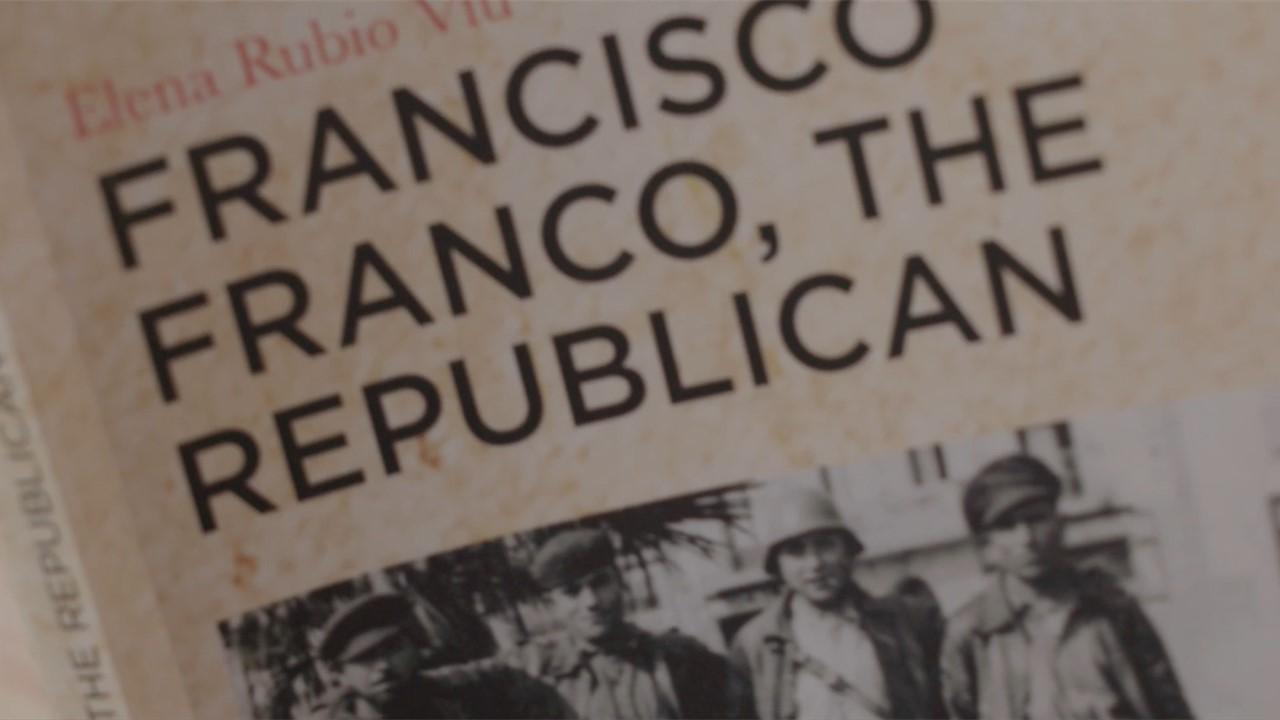
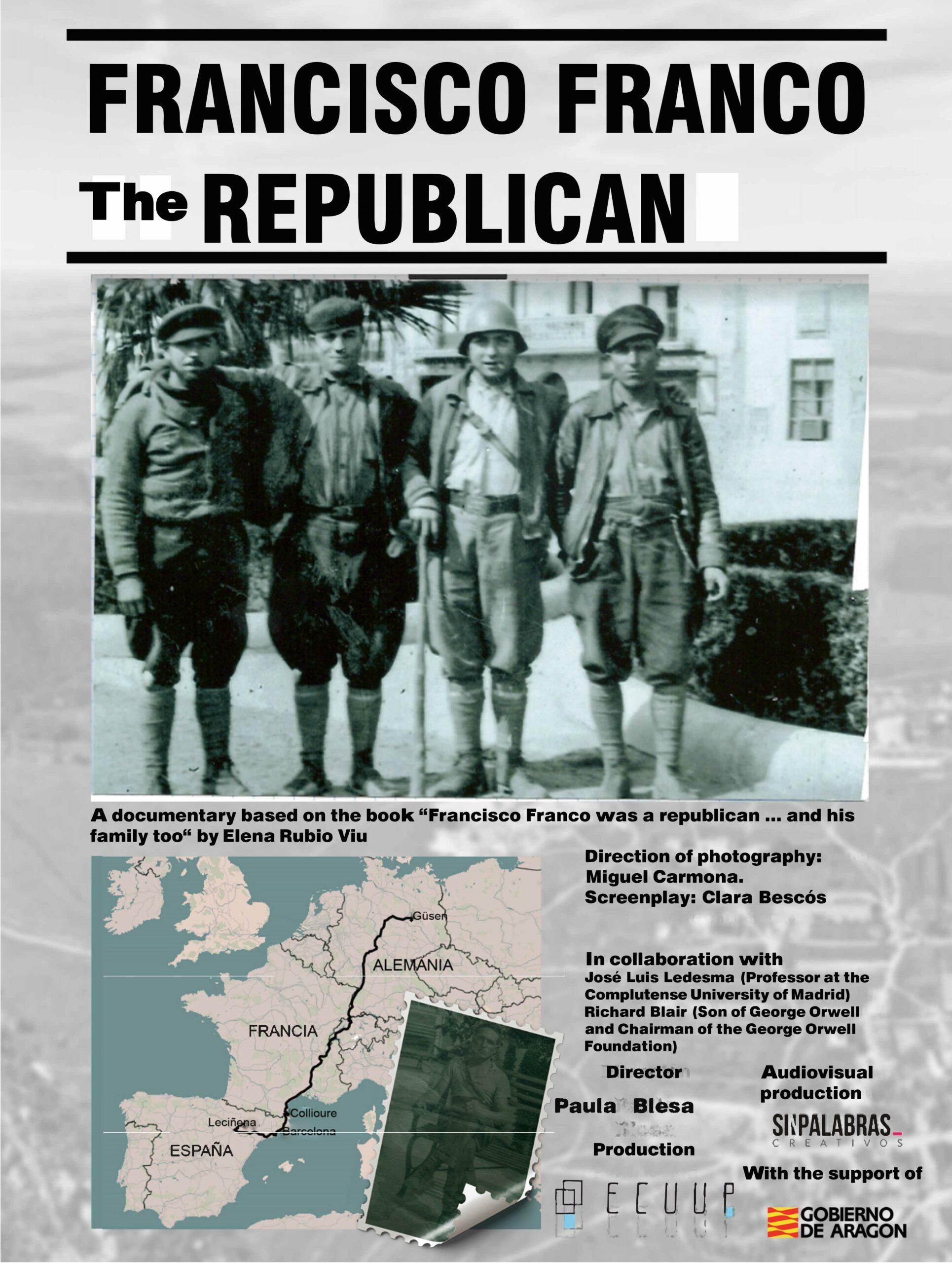
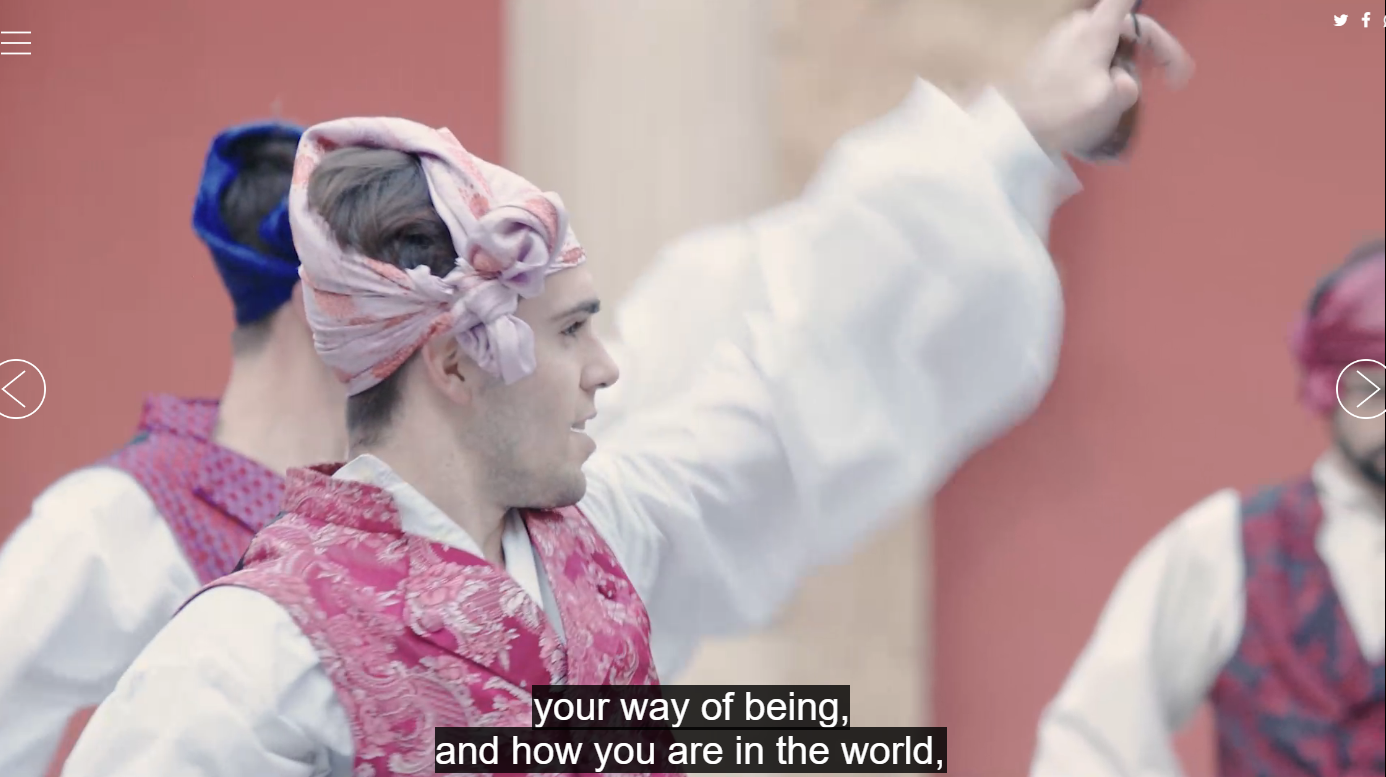


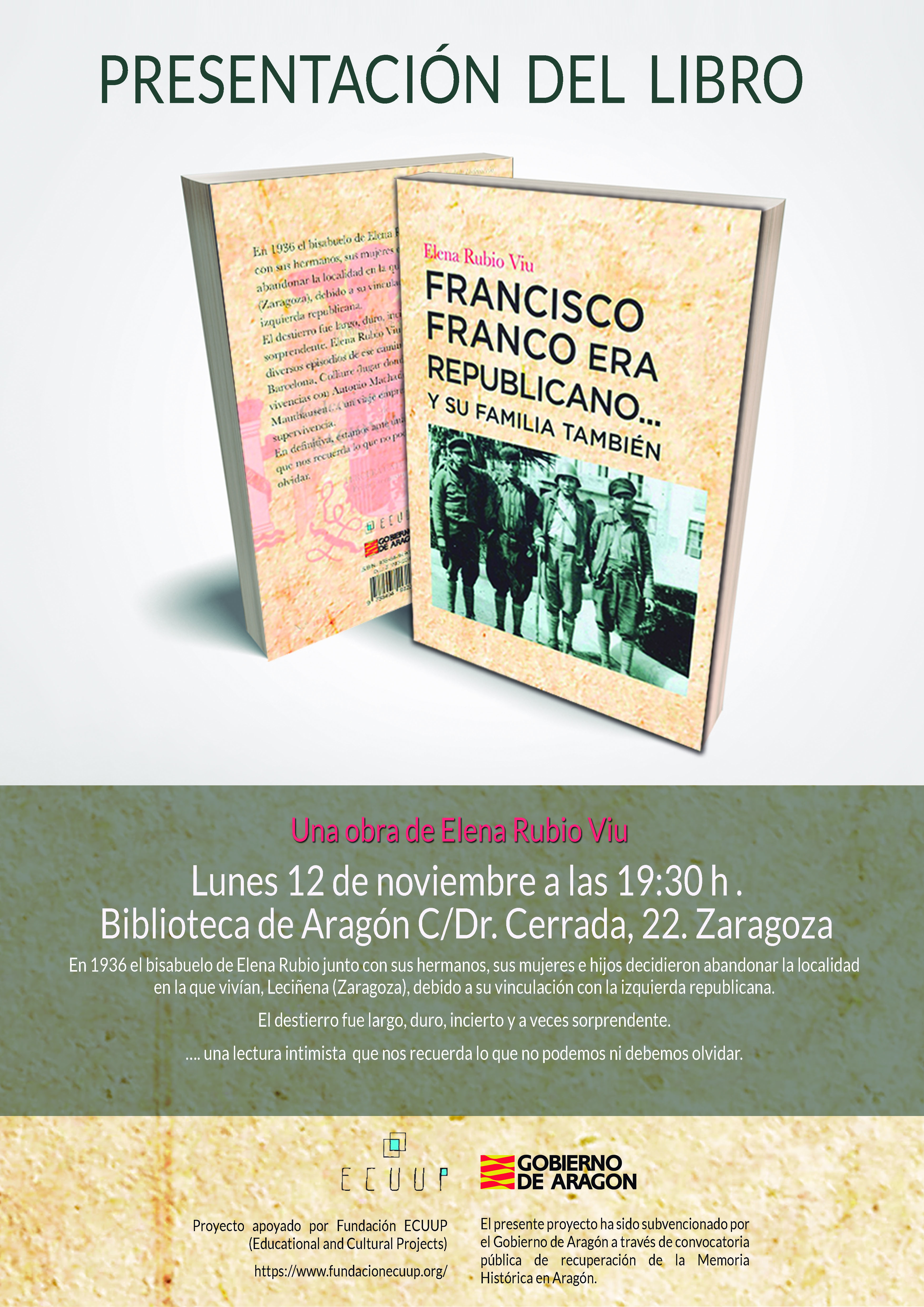
Leave A Comment